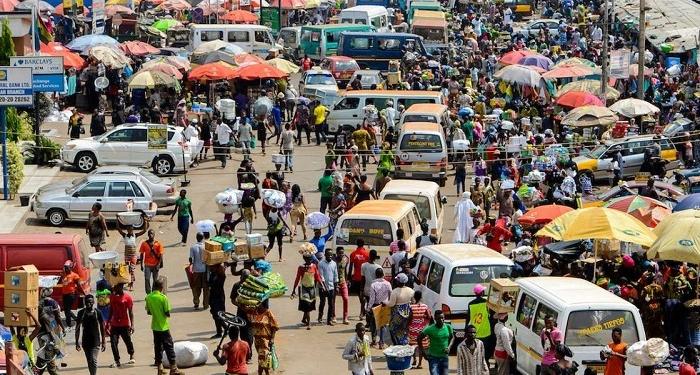Ghana: IMF Flags Public Procurement as Most Corruption-Prone Sector
Public procurement processes in Ghana remain the most vulnerable to corruption, facilitating widespread bribery, kickbacks, and side payments, according to the International Monetary Fund’s (IMF) 2025 Governance Diagnostic Report on Ghana.
The report reveals that companies seeking major government contracts often make “large side payments, sometimes well into the millions of U.S. dollars,” to both elected and appointed officials capable of influencing contract awards. These illicit practices, the IMF warns, have given rise to secondary forms of corruption, including the sale of contracts to third parties and fraudulent “judgment debt” settlements.
A 20-year review cited in the report estimates that between 2000 and 2019, the government of Ghana paid out approximately US$358 million (GH¢1.9 billion in 2019 value) in judgment debts—much of which, the IMF suggests, resulted from collusive arrangements between corrupt officials and private entities to defraud the state.
Systemic Weaknesses and Rent-Seeking Politics
The IMF notes that Ghana’s political system inherently generates “huge rents for the winning party and their sponsors,” creating an environment where corruption flourishes and public resources are routinely misused. It cites past scandals involving state institutions such as the Ghana Youth Employment and Entrepreneurial Agency (GYEEDA), Ghana Education Trust Fund (GETFund), National Service Secretariat (NSS), and Ghana Cocoa Board (COCOBOD) as examples of persistent misappropriation of public funds.
The report further identifies Ghana’s natural resource management, particularly the oil and mining sectors, as areas of high corruption risk. It highlights concerns over the weak enforcement of agreements with oil companies and irregularities in mining licensing processes. Similar issues, it adds, have been observed in the cocoa industry, where mismanagement and corruption have undermined transparency and accountability.
Lack of Prosecution Undermining Anti-Corruption Efforts
The IMF mission observed widespread frustration among government officials, international partners, and civil society over the perceived lack of accountability for corruption, especially among politically connected individuals.
It referenced the 2018 collapse of several banks, where the Bank of Ghana (BoG) revoked licenses due to “weak risk management, poor corporate governance, and insider trading.” Despite providing relevant information to law enforcement agencies, the report noted that no prosecutions have taken place against implicated bank managers or officials, reflecting what it described as a “pattern of impunity.”
Call for Stronger Enforcement
The IMF concludes that strengthening accountability mechanisms and ensuring the prosecution of high-profile corruption cases are essential to improving governance outcomes. It urged the Ghanaian government to demonstrate political will in enforcing anti-corruption laws and holding powerful individuals accountable, emphasizing that doing so would help restore public confidence and improve the effectiveness of ongoing governance reforms.








